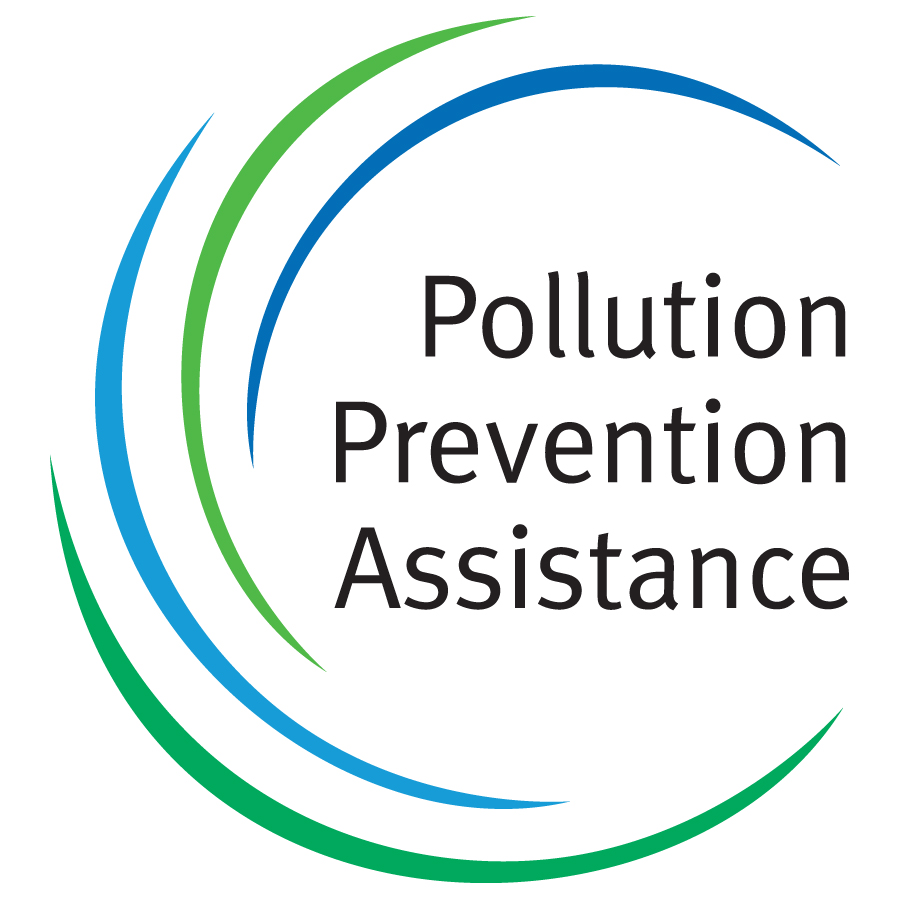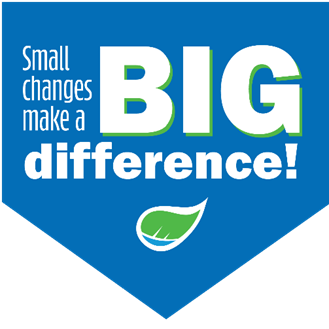Everyone has a responsibility to prevent pollution, including small business owners. Your business is required to keep rainwater from picking up contaminants from your property or worksite and running off to damage local waterways - and we can help.
Local, state, and federal dangerous waste and stormwater regulations can be complex. Small business owners want to do everything they can to protect the environment and comply with the law, but it’s not always easy to understand the rules, keep up with changes, and keep staff trained.
We provide free, hands-on help for small businesses.
The Pollution Prevention Assistance Partnership provides hands-on pollution prevention advice and regulatory assistance to businesses and other organizations that generate small quantities of dangerous waste. By helping business owners do their part, we also help prevent polluted runoff from damaging Washington's streams, lakes, and the Columbia River.
Learn more about the Pollution Prevention Assistance Program
The Pollution Prevention Partnership is comprised of representatives from cities, counties, and health districts. Funding assistance is provided by the Department of Ecology and allows the program to provide free hands-on-assistance to Small Quantity Generators (typically small businesses and organizations) who wish to improve their practices by reducing impacts to human health and the environment.
This is accomplished through technical assistance visits that are designed to reduce or eliminate hazardous waste and pollutants at the source. A local pollution prevention specialist will meet with your organization to evaluate current activities and practices. They will discuss concerns, observations, solutions, and work directly to help solve common challenges around dangerous wastes, stormwater, solid waste, and spill prevention. This collaborative process limits liability, reduces risk, and improves work environments.

